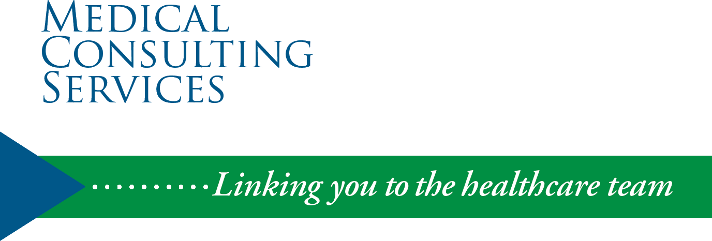During our lifetime, there is a likelihood we will either become a caregiver or be in need of caregiving services. Caregivers as well as care recipients are divided into two basic categories those needing caregiving between the ages of 18-49, and those over 50 that need caregiving. It is estimated that 5.6 million adults US have provided unpaid care to an adult family member between 18 – 49; and that 34.2 million adults for family members over age 50. Most caregiver of the 18-49 age group are caring for their own adult child, and in the over 50 age group most are caring for a parent or in-law.
The majority of caregivers in both age populations do so without any prior training. The average time spent caring for the 18-49 age group is 26.9 hours/week and for the over 50 age group if 24.1 hours/week and 22% provider over 40 hours/week. The top care needs in the 18-49 age group is mental or emotional illness, surgery/wounds, and cancer. The top care needs in the over 50 age group are long-term physical condition, short-term physical condition and memory/mental issues.
The majority of caregivers have no choice in whether they become a caregiver in either age group. The biggest driver in this decision is financial. Neither traditional insurance nor Medicare pays for custodial care. Both traditional insurance and Medicare have options to include home health services. Those services are based on tasks or skills needed by the recipient, and are in the home for the time it takes to complete the task. Housekeeping and meals are not included in the tasks provided.
You are not alone navigating the levels of caregiving. We, at Medical Consulting Services provide individualized and group caregiving training to families. We provide training until you are comfortable in your role and your loved one is safe. We are also available 24/7 following training to answer any questions. We also provide ongoing oversight and training as your loved one’s conditions change.
When the care needs of your loved one changes or respite care is needed, we locate appropriate agencies that provide the additional help. We also provide oversight and training as needed during these times of change. Remember you are never alone. If the time comes when end of life care is needed, we also assist with transition to hospice.
For additional information and resources see the Family Caregiver Alliance.
https://www.caregiver.org/about-fca

